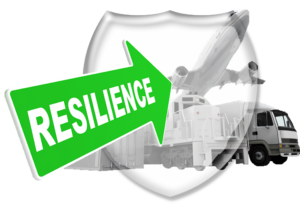Dan Drezner cites this provocative take about the basis for American competitiveness in the era of globalization — by Sebastian Mallaby, writing in The Washington Post (“Why US Business Is Winning,” March 27, 2006, page A 15):
The best guess about the “X factor” is that America’s business culture is peculiarly well-suited to contemporary challenges. American business is not especially good at coaxing productivity out of factory workers: The era when this was all-important was the heyday of Germany and Japan. But American business excels at managing service workers and knowledge workers: at equipping these people with technology, empowering them with the right level of independence and paying for performance. So the era of decentralized “network” businesses is the American era.
Moreover, America’s business culture is perfectly matched to globalization. American executive suites and MBA courses are full of talented immigrants, so American managers think nothing of working in multicultural firms. The immigrants have links to their home countries, so Americans have an advantage in establishing global supply chains. The elites of Asia and Latin America compete to attend U.S. universities; when they return to their countries, they are keener to join the local operation of a U.S. company than of a German or Japanese one.
This isn’t about resilience in so many words — or at least, it isn’t about the technologic basis for resilience. But it does open a window on the cultural roots of resilience in American business. We are highly adaptable to business life in the era of global networks and supply chains. Solutions like Enterprise Resilience Management help support that adaptability — and drive it forward. The era of “decentralized network business” is the era of resilience.




